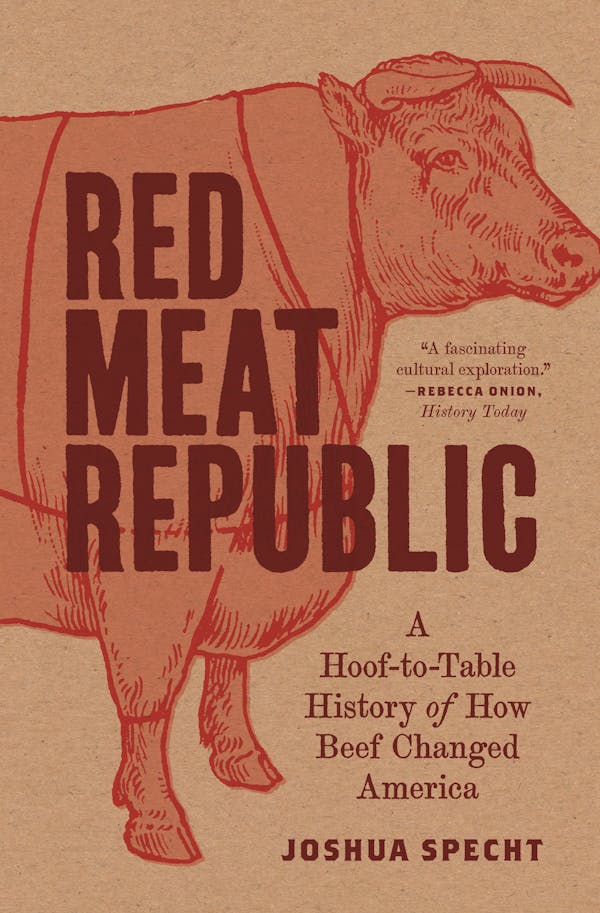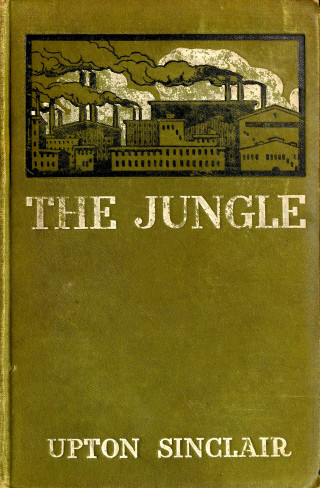How will people react, if the direst predictions of meat shortage come true? Historian Joshua Specht’s book Red Meat Republic: A Hoof-to-Tail History of How Beef Changed America, which is about the half-century between the end of the Civil War in 1865 and the passage of the Federal Meat Inspection Act in 1906 when Americans went from eating beef infrequently to seeing it as their birthright, has been on my mind. Many of the elements of our industrial meatpacking system, including the public’s willingness to tolerate brutality and exploitation of workers (and animals!) in order to have easy access to tenderloin and porterhouse, date to those years in the late 19th and early 20th century.
I called Specht up to talk about the coronavirus shortages, the exploitation of the workforce, and whether he thinks these news stories have any potential to shift the political will toward reforming our industrial meat production system. Our conversation has been edited and condensed for clarity.
Rebecca Onion: Because we’re in this weird time where meat availability is unpredictable, I’ve been thinking a lot about the chapter in your book where you write about meat’s centrality to culture in the late 19th and early 20th centuries, which is the time when beef first became widely and cheaply available to Americans. You call it the “democratization of beef.”
Joshua Specht: That’s right. As fresh beef became widely available, it became the metric of success in America, for recent immigrants from Europe, for the working class. To be successful was to eat beef. That meant that this was now a tool for producing meaning in people’s lives, and it meant that supplying people with cheap and affordable beef became imperative.
And there’s this whole cultural story about cattle ranching and the American West; beef gets tied into American expansion, and so to eat beef was not only to be successful, in a way it was to be “American.”
That set of beliefs provided a ready outlet for these kinds of upstart industrial beef producers—basically, a justification. So when they came under criticism, meatpackers would say, “Well, we’re giving beef to the working class, the ‘common laborer,’ ” as they would put it. The producers were trying to argue for particular ways they could do business: “We are trying to provide Americans with what they need.”
Basically, “we’re providing an essential service.”
Right! I argue that those meatpackers developed a playbook in the late 19th century that’s still deployed today. One of those people, for instance, was Philip Danforth Armour, the founder of the meatpacking firm Armour and Co. He was called before the Senate, and the Senate asked him about using predatory pricing—bankrupting butchers, price-fixing, and squeezing ranchers. And Armour says, Look. I’m getting beef to the urban masses, and that requires different rules. It requires a different way of doing business.
Some people reacted to this with skepticism, but I think, to a certain extent, the argument was successful. It gave meatpackers a line to use. What you would see was, whenever people thought about regulating meatpacking, they would ask themselves, How does this affect consumers? This is common today—any criticism of meat production gets turned around into a threat to consumption.


